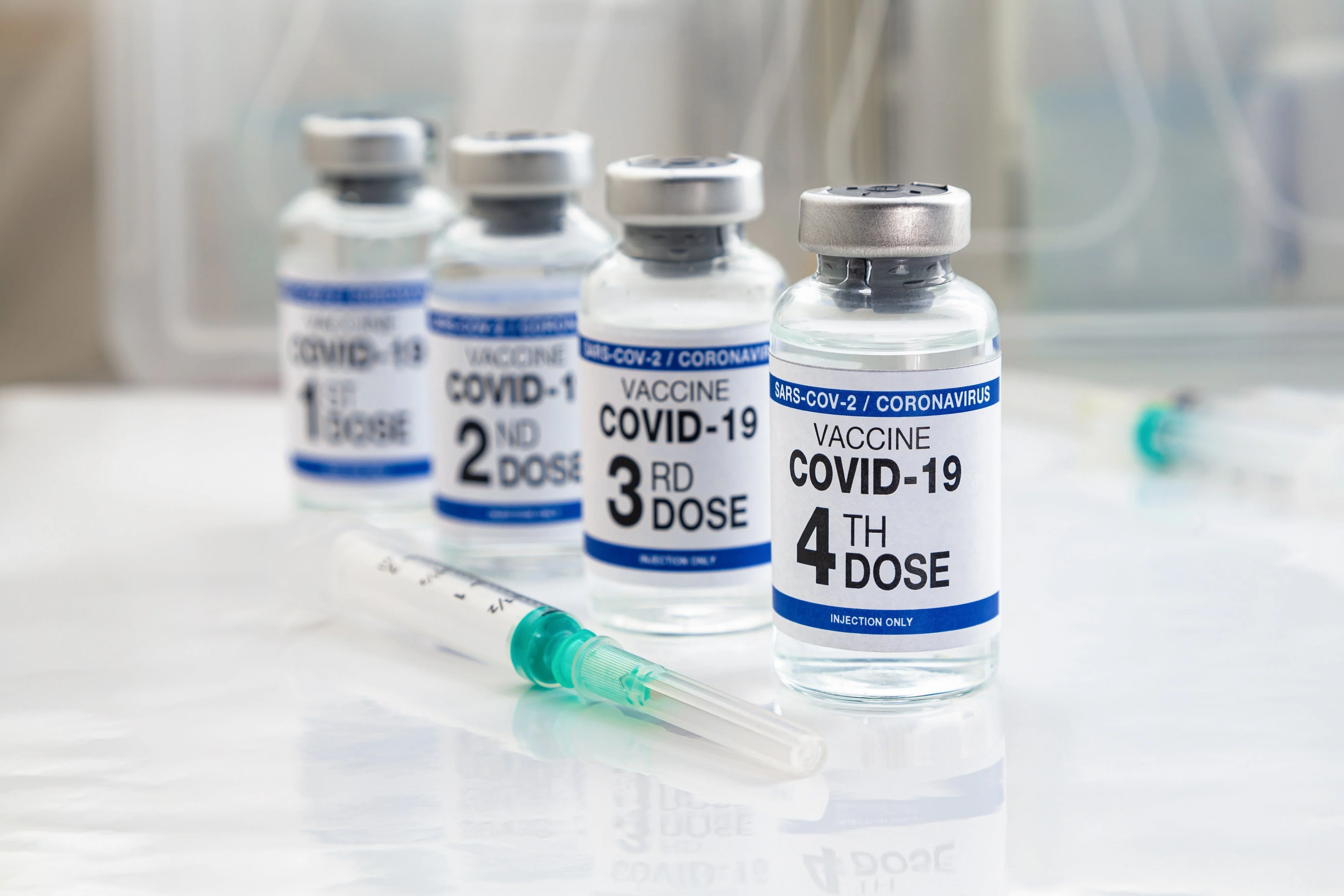
The gut microbiome: the key to health and well-being
The gut microbiome, often referred to as "gut flora", is a fascinating and complex ecosystem made up of trillions of microorganisms. These tiny creatures, which mainly include bacteria, but also viruses, fungi and archaea, colonize our gut and play a crucial role in our health. In recent years, research has increasingly recognized the profound influence of the gut microbiome on various aspects of our well-being.
The importance of the gut microbiome for health
Digestion and nutrient absorption:
One of the most fundamental roles of the gut microbiome is to aid digestion. It helps to break down fiber and other hard-to-digest food components. This produces short-chain fatty acids (SCFAs) such as butyrate, acetate and propionate, which serve as an energy source for the cells of the intestine and also have anti-inflammatory properties. In addition, the microbiome is involved in the synthesis of important vitamins, including vitamin K and various B vitamins, which are essential for the human body.
Immune system:
A large part of our immune system is located in the gut, and the microbiome plays a key role here. It helps to "train" the immune system by learning to distinguish between harmless and harmful microorganisms. A healthy microbiome can thus help to keep the immune system in balance and avoid excessive inflammatory reactions that could otherwise lead to autoimmune diseases.
Protection against pathogens:
The gut microbiome also acts as a protective barrier against pathogenic microbes. It competes with them for nutrients and habitat and at the same time produces antimicrobial substances that inhibit the growth of harmful bacteria. A stable and diverse microbiome can thus reduce the likelihood of infections.
Metabolism and energy balance:
The microbiome influences our metabolism in many ways. It regulates fat metabolism and can influence the storage of fats in the body. An imbalance in the microbiome is associated with various metabolic disorders, including obesity, type 2 diabetes and insulin resistance.
Influence on the central nervous system:
The so-called "gut-brain axis" describes the close and bidirectional communication between our gut microbiome and the brain. Changes in the microbiome can influence neurochemical processes associated with stress, anxiety and depression. A healthy microbiome could therefore help to reduce the risk of mental illness.
Prevention of chronic diseases:
A healthy gut microbiome is associated with a lower risk of a variety of chronic diseases. These include inflammatory bowel diseases such as Crohn's disease and ulcerative colitis, as well as cardiovascular disease and certain cancers.
Caring for the gut microbiome
To promote the health of the gut microbiome, a high-fiber diet rich in fruits, vegetables and whole grains is essential. Prebiotics, which promote the growth of beneficial bacteria, and probiotics, which contain live bacteria, can also have a positive effect on the microbiome. A healthy lifestyle with regular exercise and avoiding overuse of antibiotics also contributes to the stability and diversity of the microbiome.
Conclusion
The gut microbiome is of central importance for our health and well-being. It supports numerous physiological processes and helps to reduce the risk of many diseases. By consciously caring for our microbiome, we can actively contribute to our health and feel better in the long term.
Science is discovering more and more about the fascinating world of microbes in our gut - and we would do well to give this small but mighty ecosystem the attention it deserves.










